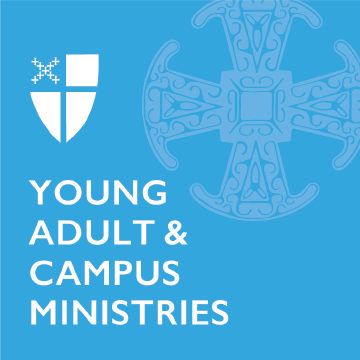The best part of my day (other than the meeting the presiding bishop, which was incredible) was an unexpected conversation. We had a debriefing and dinner with Ecumenical Women, and we were supposed to discuss advocacy points in small groups while eating. The small group I was in was not gelling at all. People didn’t really want to talk, and the discussions that did happen seemed very forced. After it became clear that we weren’t going to have a conversation as a group, everyone struck up personal conversations with their friends instead. I introduced myself to a woman who hadn’t talked the entire time and looked really bored, and it quickly turned into an amazing conversation. The woman, whose name is Grace, teaches at a university in Tanzania and had been to the CSW before. She told me a lot of really interesting things about Tanzania—I had to resist the temptation to pull out a notebook and pen. One of the most intriguing things she told me was that, in her opinion, using Swahili rather than English to conduct governmental affairs may hurt Tanzania. As a developing country, Tanzania receives assistance from other countries, many of which use English. She thought that the language barrier between Tanzania and the countries supporting it prevented Tanzanians from fully utilizing the resources offered. She suggested that Tanzania should emphasize English until it is more developed, then return to Swahili.
Filed under: UNCSW



